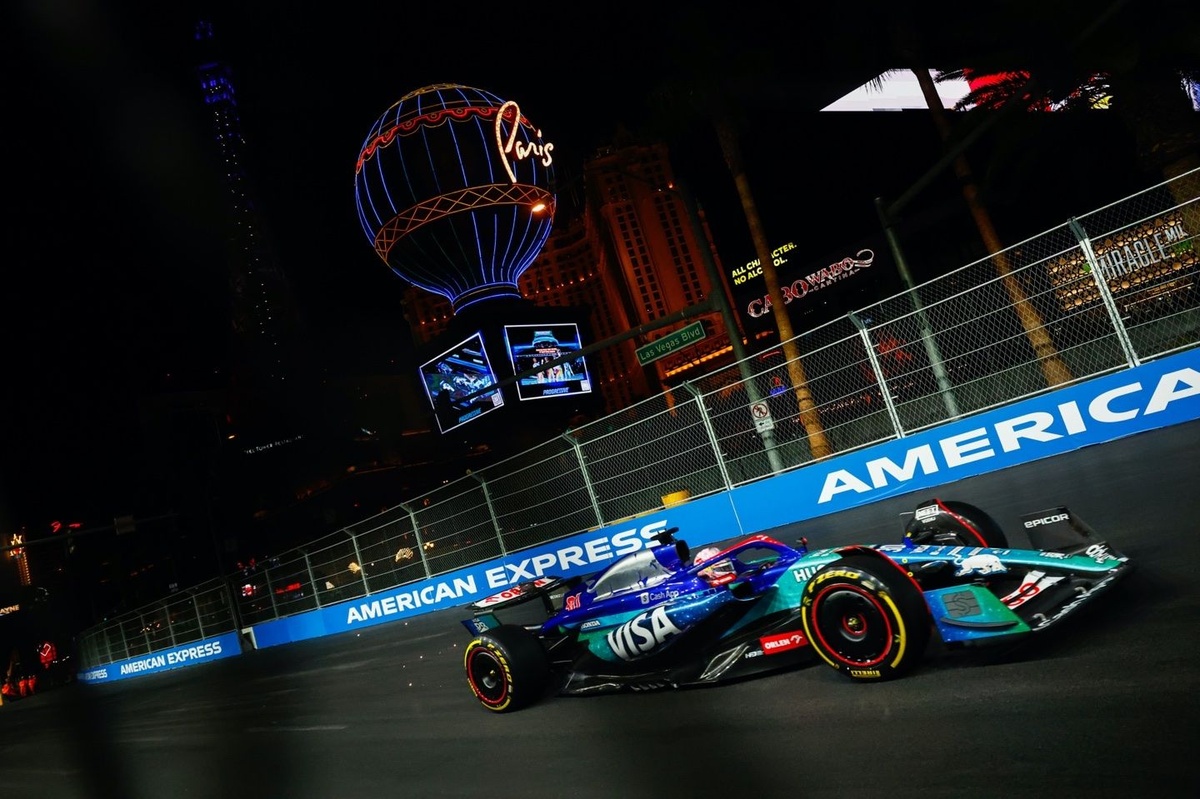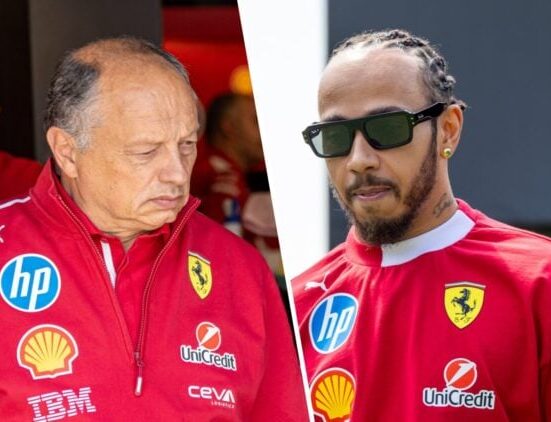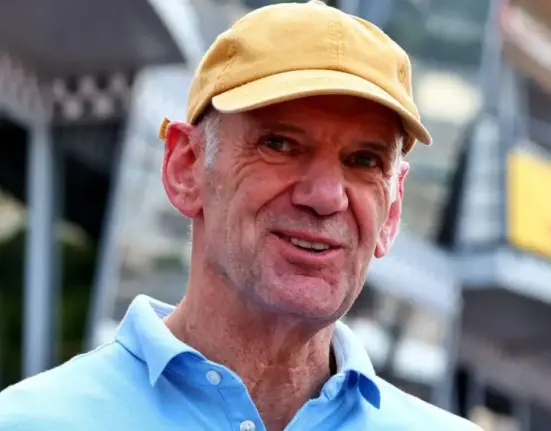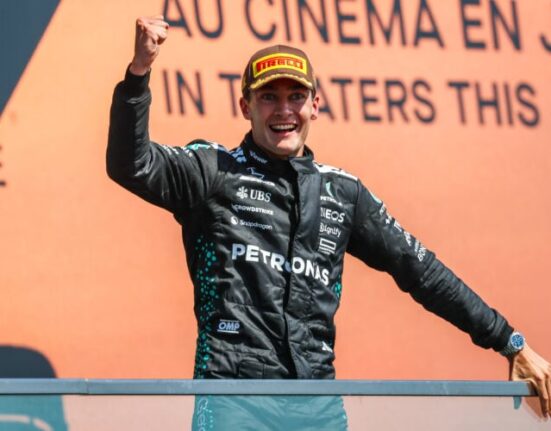The Las Vegas Grand Prix has been a huge success, mirroring the general expansion of Formula 1 into the United States. But the 2024 race wasn’t able to match the vast economic impact of the inaugural event. This maybe doesn’t come as such a surprise, with a drop in interest after the first year an expected and natural decline.
The first race was one of the most anticipated and ambitious events on the F1 calendar, with the track being built around Sin City itself and featuring a high-speed 1.9 km straight down the neon-lit Vegas Strip. The cold temperatures of the desert night allowed for an exciting race, and while those attending—and not to mention Ferrari—weren’t treated to the most incredible first night, the race surpassed expectations.
The second year was equally as exciting as we watched Lewis Hamilton push his way up the pack from qualifying tenth to finishing second.
“It is slightly bittersweet as if we had qualified where we should have yesterday, I think I could have won,” he admitted. “Nevertheless, I didn’t think I would have been able to finish P2 today before the race so I’m very happy.”
The seven-time world champion’s teammate, George Russell, won by 7.313 seconds, but it was Max Verstappen who was treated to the Royal flush as he won the 2024 F1 Championship by finishing ahead of McLaren’s Lando Norris.
According to a study by Applied Analysis, quoted by Autosport, the 2024 race’s economic impact was $934 million, down from $1.5 billion in 2023. So why the drop?
The first year’s economics was boosted by the construction surrounding the track, including a 39-acre site for the paddock and pit area that F1 bought for $240m.
2024 however, saw each person spending on average $2,400 over the week, not including tickets to the race itself, creating $45m in tax for the state of Nevada. It must be noted that ticket sales did drop very slightly from 315,000 to 306,000.
World Champion Max Verstappen, Red Bull Racing, celebrates in Parc Ferme
Photo by: Andy Hone / Motorsport Images
Lori Nelson-Kraft, senior vice president for corporate affairs at the Las Vegas Grand Prix, explained the success they’ve seen from the event to The Athletic.
“The economic impact of the 2024 race hitting at $934 million serves as Las Vegas’s largest recurring event, and we are only bested by our inaugural year number, and coming in slightly less than Las Vegas hosting the Super Bowl.
“When you think of mega events in southern Nevada, this rises to the top. It’s not only here annually, but it’s here in what is traditionally the slowest week for Las Vegas of the year. It’s a real win to know that it’s on the calendar in a meaningful way at a time when Las Vegas can benefit from it.”
According to the CEO of Liberty Media, Derek Chang, this year’s race will see an uptick in performance after “missed internal expectations”.
F1 “moved very quickly to enact changes that will benefit 2025 and support a financially successful race for F1 and continued growth and positive impact for the Las Vegas community.”










Leave feedback about this